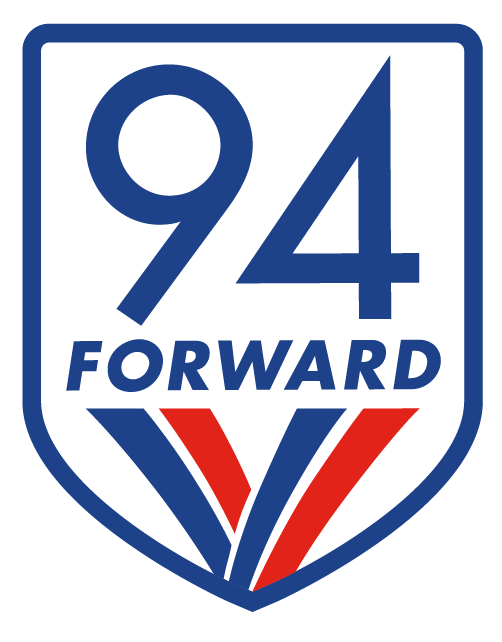Carolyn Murray realizes now what it took to get there.
"Now as a coach I actually realize how difficult it is to actually qualify," she says of her experience competing for Canada in triathlon at the 2008 Beijing Olympics.
Murray is the first and only head coach of Canada's para triathlon program, something she's been doing since 2014. Working with young athletes has helped form perspective on her own career in triathlon, one that started on the track at Simon Fraser University. At SFU she found team success. "In my last year of university we had a very strong women's team," says Murray. "We won cross-country indoors and outdoors as a team. The times weren't something internationally to brag about, but to accomplish that as a team that was a big deal."
Following her collegiate career it was suggested she turn her attention to triathlon. Her mother Laurie is a world-class triathlete and the transition for Carloyn was natural. It was spurred by the success of Victoria's Simon Whitfield, who captured gold when triathlon made its Olympic debut in 2000. "I fell in love with it pretty quickly," says Murray. And she realized Victoria was the perfect launching pad for her next phase. "Victoria was the right place to be. There were some great athletes at the national training centre and obviously Simon was a leader in that he'd just achieved something quite outstanding in the Sydney games."
Not surprisingly, her background lent itself to success in the run, and she was quickly capable on the bike. "I was confident and strong and I felt like I could move through a pack and close gaps," she says.
Her biggest challenge was in the water. Murray stopped club swimming around the age of 10 and didn't pick it up again until her 20s. "That's not the recommended path for success," she laughs.
Still, her incredible stamina and ability to absorb the searing strain of her sport set her apart. "I think you have to be a glutton for punishment and someone who has a high tolerance to suffer."
From 2002 to 2008 she was a member of Canada's national team and competed in five straight world championships, winning gold at the 2008 World Cup. Success was largely dependent on the chaotic first hundred metres of the swim. "You're just getting beaten to a pulp and trying to survive," she recounts with a laugh. "It was just getting through that part of it and staying within reasonable contact of the group. It was more about composing myself after that happened."
The ultimate test of suffering came in the biggest race of her life. Murray qualified for the 2008 Beijing Olympics and was poised to challenge the world's best, but in a race with countless intangibles she found herself in unfamiliar waters. "Right out of the gate it was the water temperature," she recalls. "We did all this different training but we didn't prepare for swimming in these hot temperatures. It was way different from the test event (the year before). The water just sapped my energy so it was kind of survival from that point on."
She finished 29th.
The feeling was disappointment, but not compounded by regret. "It's not that I left anything behind or didn't put everything out. But my fitness at the time, I didn't get to showcase that on the day," she says, but proper perspective didn't come right away.
"For a while I actually didn't really feel proud to be an Olympic athlete. I wasn't on the podium. I didn't have the race that I had trained for so it was with mixed emotions."
Her own competitive career behind her, she coaches Canada's elite para athletes, a program she's helped build from the ground-up. "It's been really cool to build something new," she says of the full-time career that still sees her travelling the world to major competitions around the world. It's a gratifying role, but not one she saw coming. "I knew the high performance world, but I had no idea how to work with athletes with visual impairments and spinal chord injuries and different impairments. It's been a gift, really, to have that exposure."
Murray's mentorship extends past the sport of triathlon, and if there's a young athlete trying to find footing in Victoria, she's there to help.
"It's creating conversation and understanding where they're coming from. If there's any message I hope that would come across is that they're not alone in what they're doing," she says.
As for perspective, she's got it. Success isn't tied to a single Olympic race that took place on one single day. "For sure now it's something I'm proud to have accomplished," says Murray. "But it was the process of getting there rather than the performance of the games that really matters to me."
She's a fixture on the deck at Saanich Commonwealth Place leading her group of triathletes, but while she's long since made her peace with swimming, you won't often find this Olympian in the water. She maintains her fitness on the roads and trails around Victoria.
"I don't hate swimming," she laughs. "It's just so inconvenient when I could do the other two."
